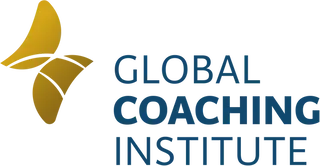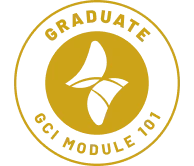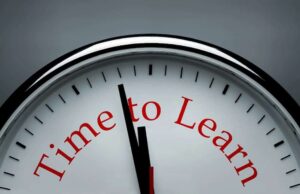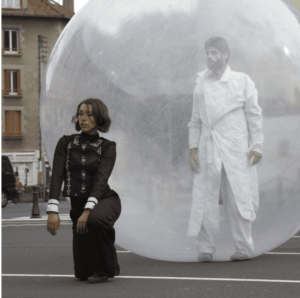When Vicki and I first launched the Global Coaching Institute we debated for quite a time about whether we should offer advanced or foundational coach training programs. We went back and forward but no solution really satisfied us. And so the conversations went round and round. You know the feeling!
We were caught in a false polarity. False polarities present you box yourself into an either/or scenario. They place you in a bind. To proceed with one thing you value, it seems at the surface level at least, that you have to give up something else.
Something about the way we named or approached the two possibilities, created a distance or separation between them, positioning them for a time as polar opposites. It was a dilemma of our own making. With the benefit of hindsight we ask ourselves: Why didn’t we begin with the assumption that both were possible? Why did we corner ourselves with an or rather than opening up the possibilities with an and?
How often do you see our coaching clients get stuck in this same way? What are the options your client puts on the table? What assumptions are they working from? How are they growing or limiting their choices? And how can you, as a coach, spot the trap and expand their thinking.
The truth of the matter is that Vicki and I wanted to offer programs that would stretch practitioners while recognising their extensive skillsets, cultivated often over decades. We wanted to meet the deep insights into human behaviour that psychologists bring and extend it through our own studies into signal awareness, those cues to the client’s unique growth trajectory. Similarly, we wanted to draw on the knowledge of complex systems that facilitators and OD practitioners offer, along with the business acumen of leaders and marketing professionals.
It was our desire to create something different, that kept us from settling with on a cookie-cutter approach. We knew deep down that there were many skilled professionals who hadn’t yet taken the accreditation plunge and we wanted to recognise their experience, while also extending their knowledge. Our commitment was to honing and refining their coaching practice.
Going back to basics for us meant asking ourselves what we really wanted and giving ourselves position to go for it – thereby defining our niche in the coaching marketplace.
What do you really want?
It’s a simple question isn’t it, yet so layered.
Often we have to edge our way toward it, through layers of belief about whether we are allowed or entitled to have what we want? Whether it is possible? Whether we will succeed or fail?
What comes up for you when you ask yourself this question? Stay with it. Try journaling or drawing, if you hit an obstacle ask yourself: Why not? Allow any obstacles to rise to the surface so that you can examine them in the light of day.
Designing our internationally accredited coach training programs in a way that met our own specifications meant taking our power back, moving beyond what we thought we ‘should’ do – i.e. fitting into arbitrary categories. Instead we had defined and created what we deeply valued, trusting that others too valued these standards of excellence.
And in that, we discovered what was unique about our offering. It brought us closer to our own essence at the Global Coaching Institute.
Along the way we debunked several other either /or myths, such as the artificial constructs of being a beginner or being an advanced practitioner. But I’ll save that conversation for another day.
If you have a passion for coaching and want to build on your existing skill set, please connect with us.
Questions you might ask yourself
What choices are you currently making?
What options are you giving yourself?
How do your assumptions inform your thinking?
And finally: What do you really want?





